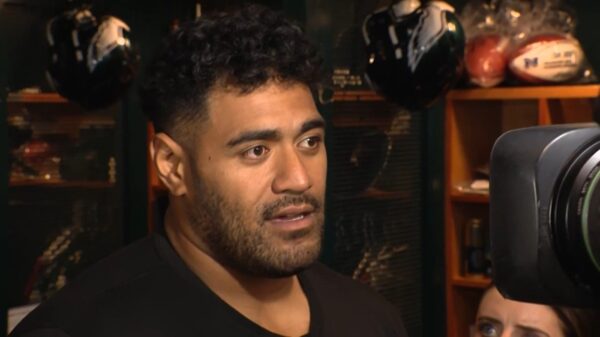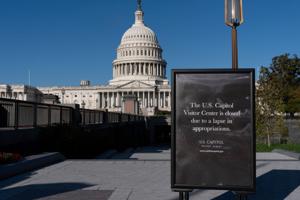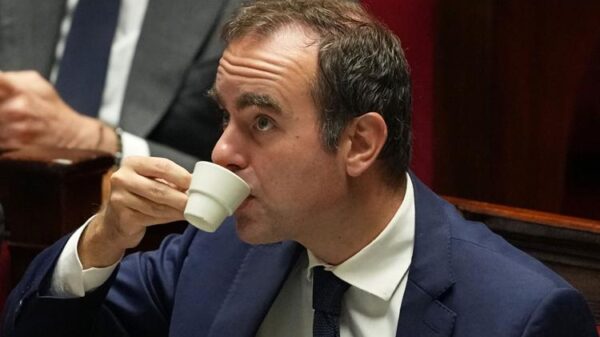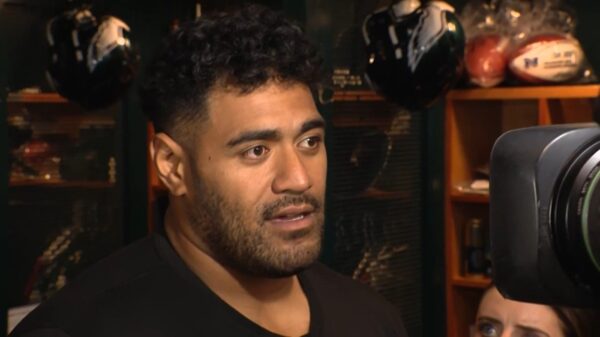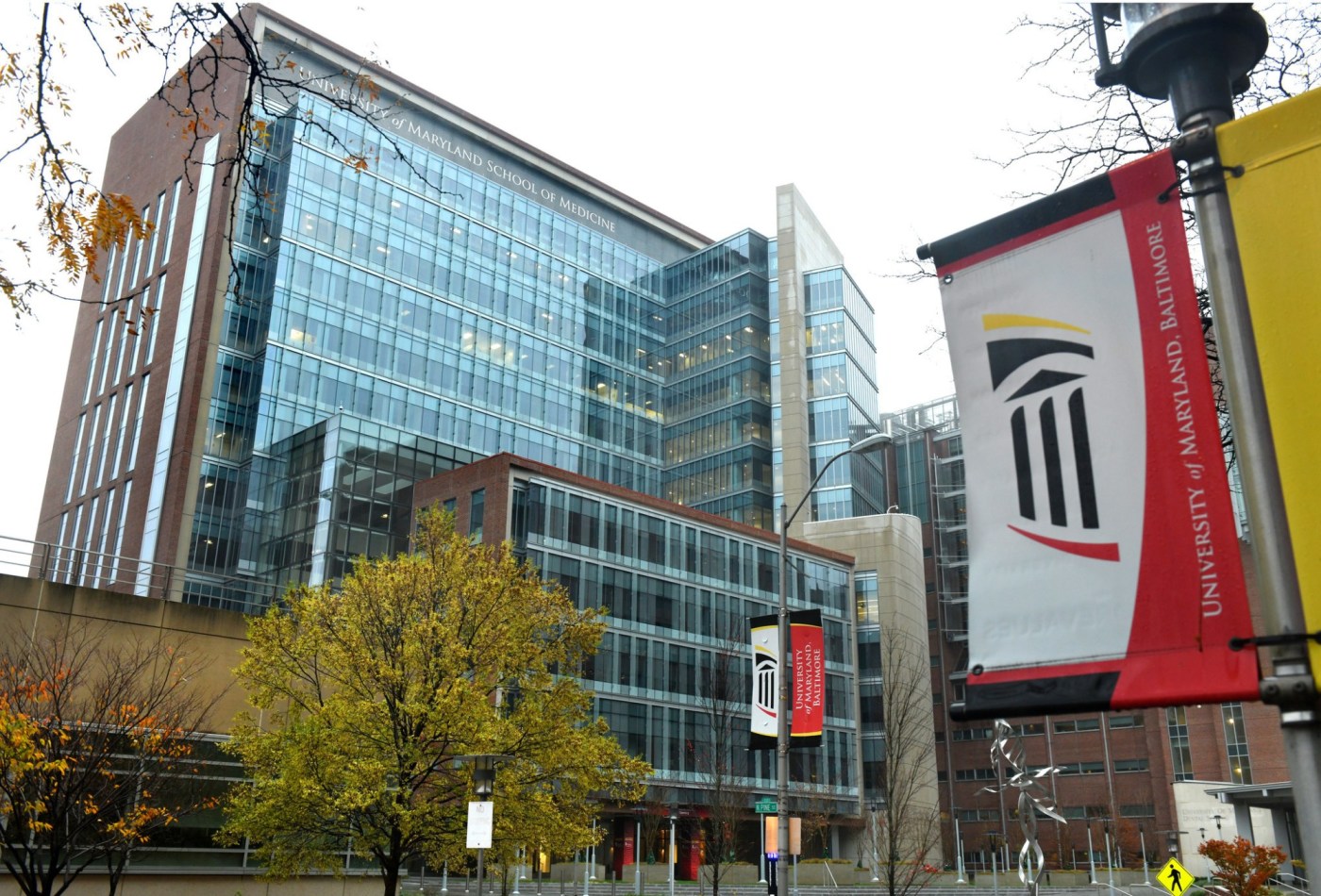Maryland’s higher education institutions are navigating significant challenges as federal grant funding experiences a sharp decline. In 2023, Maryland universities faced a loss of approximately $119 million in federal grants, altering the landscape of academic research across the state. This dramatic shift has raised concerns among faculty and researchers who have relied heavily on these funds for their projects.
According to the Center for American Progress, this decrease has forced researchers into “uncharted territory,” as noted by Patrick O’Shea, vice president for research at the University System of Maryland. He stated, “Our failure was a lack of diversity in funding.” Many research projects, typically funded over three to five years, are now at risk as funding is withdrawn mid-project.
Impact on Research and Employment
Maryland institutions typically manage around 3,000 federally-funded research projects annually. With about one-third of these projects concluding each year, the pressure to secure new funding has intensified. On October 10, 2023, researchers at the University of Maryland, College Park held a virtual town hall to express their concerns regarding the threats to their ongoing work and financial security.
Marc Pound, a research scientist in the Astronomy Department since 1997, voiced his distress over the funding cuts. “I don’t see how I can keep working at the university if my grant is clawed back,” he said. He described how his department’s significant multi-year grant with NASA Goddard is now in jeopardy. “This year, NASA asked me to take my funding in two blocks. In late summer, they said they could not promise the second half of my funding.”
Many faculty members, particularly those without tenure, face precarious job situations due to the reliance on grant funding. “I am supported by a mix of state funding and federal grant funding,” Pound explained, emphasizing the uncertainty that looms over his colleagues.
Institutional Responses and Support Measures
In light of these challenges, Karin Rosemblatt, a professor of history and president of the United Academics of Maryland-UMD, organized the virtual meeting after feeling that their requests for dialogue with the administration had been overlooked. “We see here how people who don’t have the protection of tenure are not going to be able to continue their research for politically motivated reasons,” she stated. “It’s an attack on all our academic freedoms.”
Other institutions are also grappling with funding cuts. Johns Hopkins University, known as America’s first research institution, reported a loss of $800 million in funding from the U.S. Agency for International Development in March. To assist affected faculty and researchers, the university has established a support website. This includes grants of up to $150,000 for faculty to pursue new research directions and bridge grants of up to $100,000 for recipients of delayed federal awards.
Morgan State University in Baltimore faced the rescindment of 22 grants, totaling $13.5 million. According to spokesman Dell Jackson, most of the funding had already been spent, resulting in a loss of $3.6 million in future payments from these grants. Despite these setbacks, Jackson expressed optimism, stating, “We are not dissuaded from being the next major research institution and Maryland’s preeminent public urban research university.”
O’Shea remains hopeful that Maryland’s universities will adapt to the financial landscape. “We are working hard to help them stabilize, pivot, and grow,” he said. He added, “Universities have been around longer than most countries or governments. We will survive.”
The ongoing funding crisis presents a complex challenge for Maryland’s academic institutions, with far-reaching implications for research and employment in the region. As universities seek new funding sources and strategies for sustainability, the future of many projects—and the researchers behind them—hangs in the balance.


